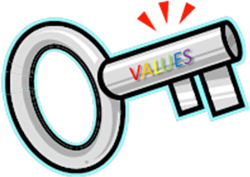
Is there a key to enhancing pupils’ development, elevating their performance and engaging parents and carers in their children’s education? Yes – and it’s superb for promoting best practices and integrating and cementing PSHE education, Citizenship, SEAL and pupils’ SMSC development.
The education of a child is a shared responsibility and effective partnerships - between key adults in children’s home environments (whatever their roles) and members of staff in school environments (whatever their roles) – are invaluable for all concerned. Informed, active collaboration can make a world of difference to children’s successful development.

Teachers have one of the most important roles in society today because of the profound and lasting effects their work has, individually and collectively, on influencing and shaping the lives of young citizens in the making.
Along with parents and carers, teachers are significant role models for children and young people. When youngsters look around and out into the world beyond their school gates, they cannot help but become aware of scandals rocking the fabric of society - to the extent that they wonder what they are eating. High-profile cases make clear how the lives and relationships of some people have disintegrated because they have been tarnished by behaviour based upon undesirable values. For example:
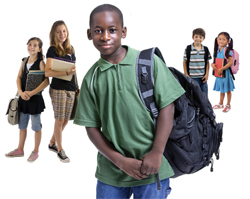
It is said that money can’t buy happiness but we know that one’s state of happiness affects one’s performance – be it as an adult or a child – and that before long, for more teachers, there is likely to be a stronger link between their pay and performance.
The education landscape is in a state of flux and increasingly there is a move towards listening to young people’s views. But who are the stakeholders – children, their parents and carers, teachers and others involved in the development of young people, future employers? Pupils may well find they are being encouraged to take more ownership of their learning. Teachers are asking themselves whether they need to teach differently and if so, how, in order to best meet the needs of their various students.
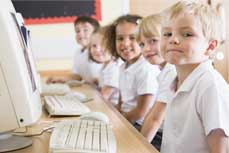
Socrates said, “Education is not the filling of a vessel but the kindling of a flame.” What a pleasure it is watching that flame glow, especially if you have been instrumental in fanning the spark by helping the child or young person to be happy and well motivated.
Experience shows that when teaching is actively underpinned with positive, uplifting values, children become enthused and engaged, resulting in profound improvements in their wellbeing and an extensive range of exhilarating rewards for the individuals, with the benefits rubbing off on their families, schools and communities.
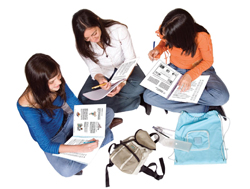
When we begin to appreciate just how much the past was shaped by people’s values and understand the extent to which positive and negative values are affecting the present, we realise more and more how, with well considered, carefully chosen values, we are empowered to create the kind of future we would like to experience and leave as a legacy for generations to come.
Whatever subject we look into, whether it’s History, Geography, Art, Music, Literature, Languages, Sciences, Physical Education, Religious Education or ICT, we can soon find instances that illustrate the effects of positive values, such as honesty, compassion and respect, and the results of applying negative values such as intolerance, irresponsibility and deceit.

When we understand how something works, we can manage it better and are more likely to use it to good effect. The same is true of values, which impact every aspect of our lives but so often we are not consciously aware of their significance.
Take, for example, identifying what makes you “click” with someone. Start by considering what it is that you have in common and what it is that enables you to enjoy each other’s company and want to work together. How does the “clicking” manifest in terms of:

Understanding how to use the internet has become a cornerstone issue for students. No longer do they complete their research on projects solely in the library. Now, there is a vast landscape of resources available on the internet.
But with wealth comes responsibility. As soon as children begin to visit the online world, they need the knowledge to do that safely, securely, and responsibly.
Here's a list of 55 links for teaching and learning digital citizenship.
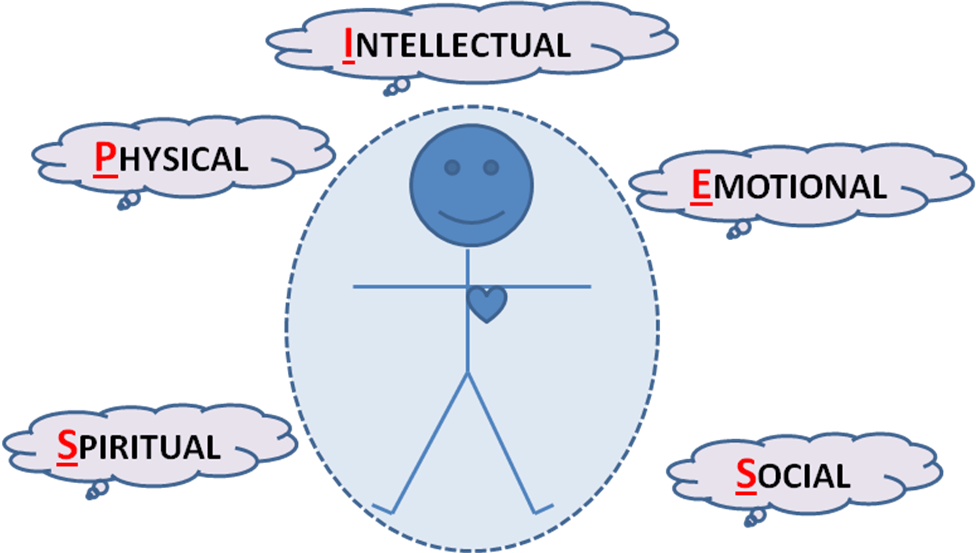
What are the expectations of 21st-century education?
Considering young citizens of school age, the global debate indicates that ultimately the answer tends to be broadly the all-round or holistic development of each person. Key to achieving this is thoughtful nurturing of the different aspects of individuals and their talents, at home and at school – and hence the SPIES!

A huge emphasis has been placed on the prevention of last month's riots occurring again in the future. Strategies have been put in place that will encourage students during their transition from primary school to secondary and fifty million pounds was pledged by Mr Nick Clegg at the Liberal Democrat conference that will facilitate this. But how can we find new ways of adapting the PSHE curriculum to help prevent such events from occurring in the future?
It would perhaps be fair to say that within the curriculum itself, more emphasis needs to be placed on being a model citizen and a good member of the community.
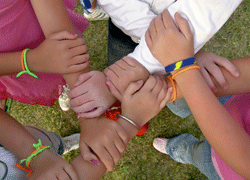
On 21 July 2011, Nick Gibb MP, Minister of State for Schools, launched a review of Personal, Social, Health and Economic (PSHE) education stating that “The aim of the review is to consider the essential knowledge and awareness that pupils need to be taught, so that they understand the world around them and are able to manage their lives, now and in the future.”
In May 2011, the Department for Education stated that “Citizenship gives pupils the knowledge, skills and understanding to play an effective role in society. It helps them to become informed, thoughtful and responsible citizens aware of duties and rights. It promotes their spiritual, moral, social and cultural development, making them more self-confident. It encourages pupils to play a helpful part in the life of their school, community and world.”

A community-driven platform for showcasing the latest innovations and voices in schools
Pioneer House
North Road
Ellesmere Port
CH65 1AD
United Kingdom